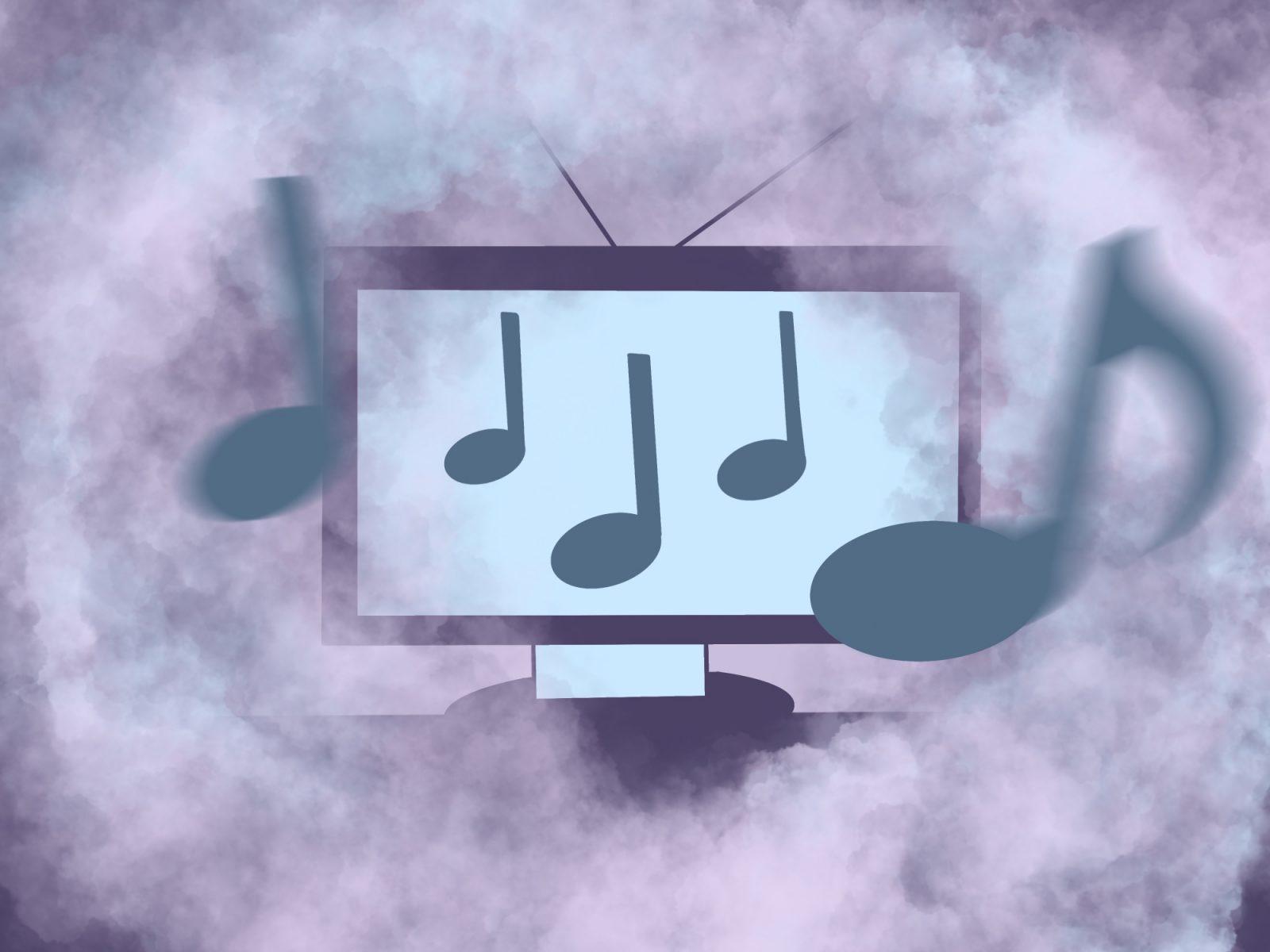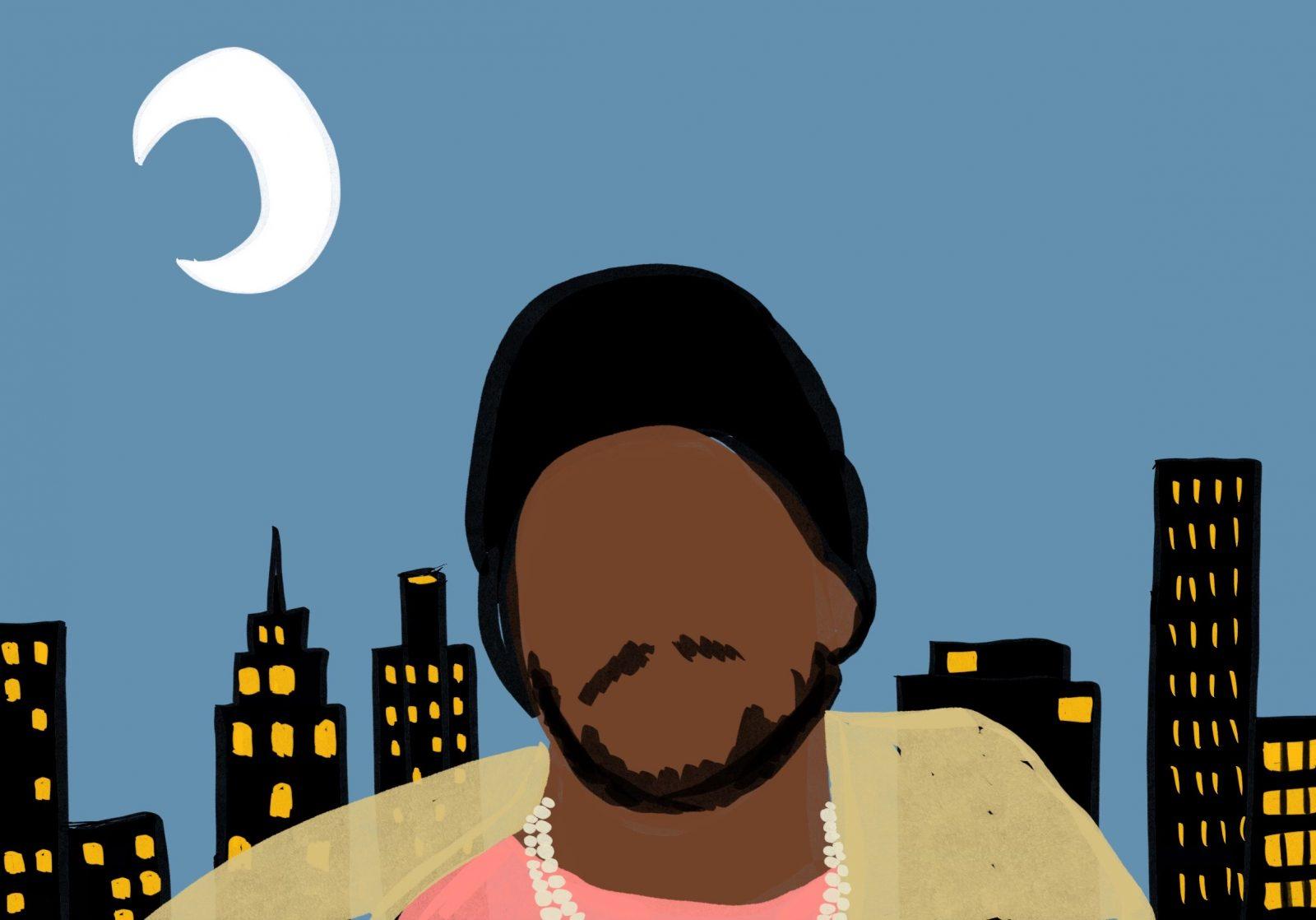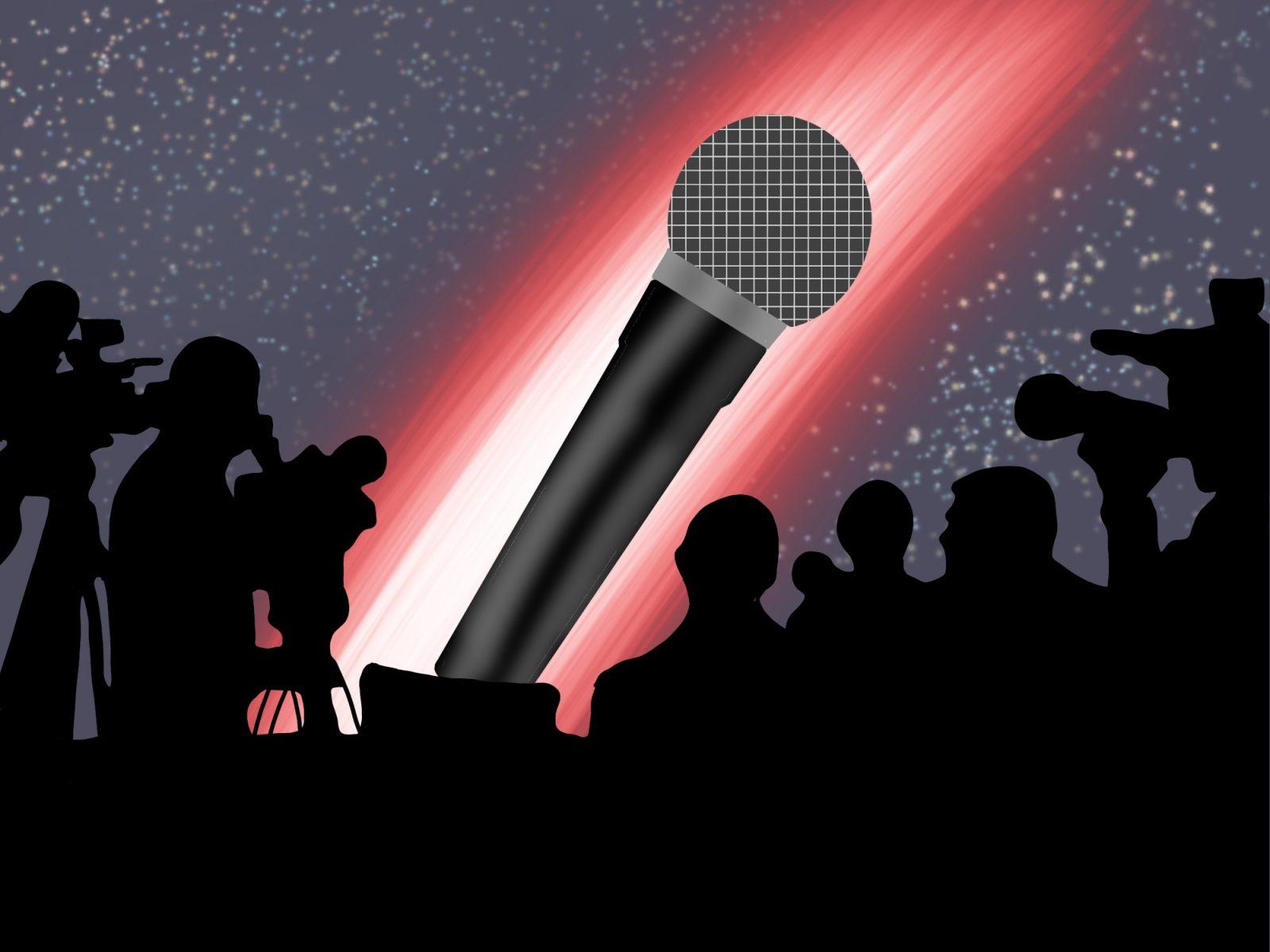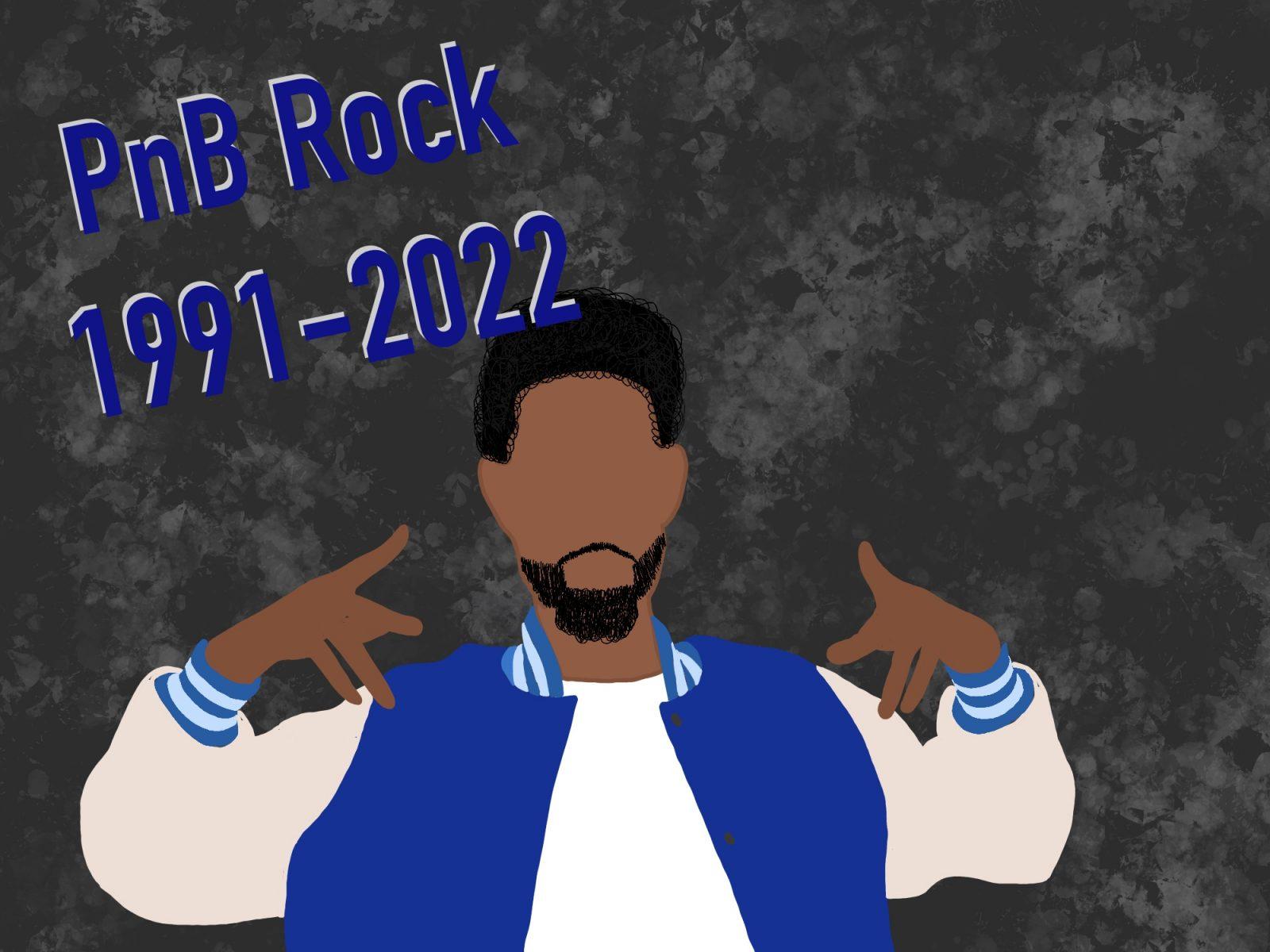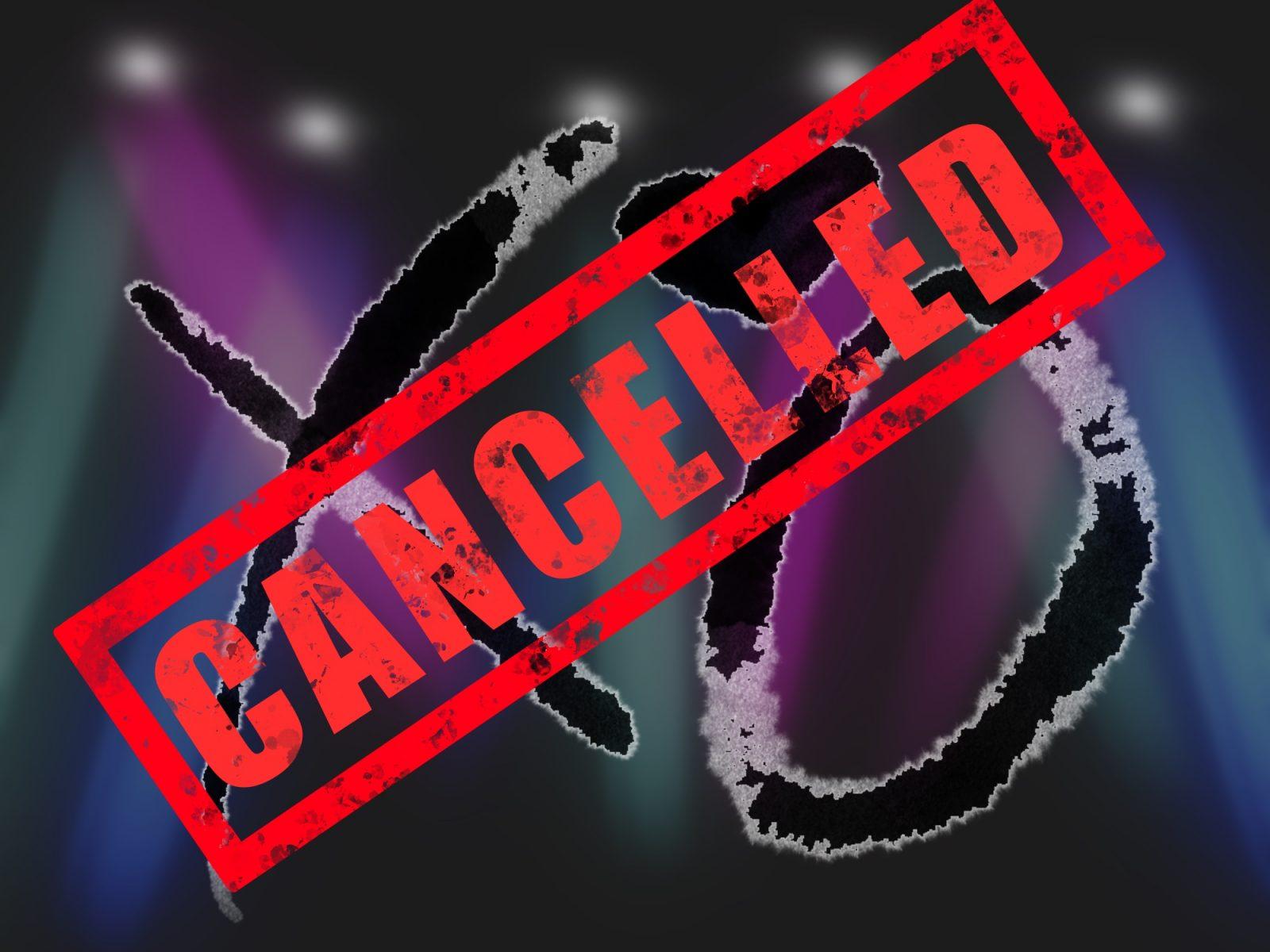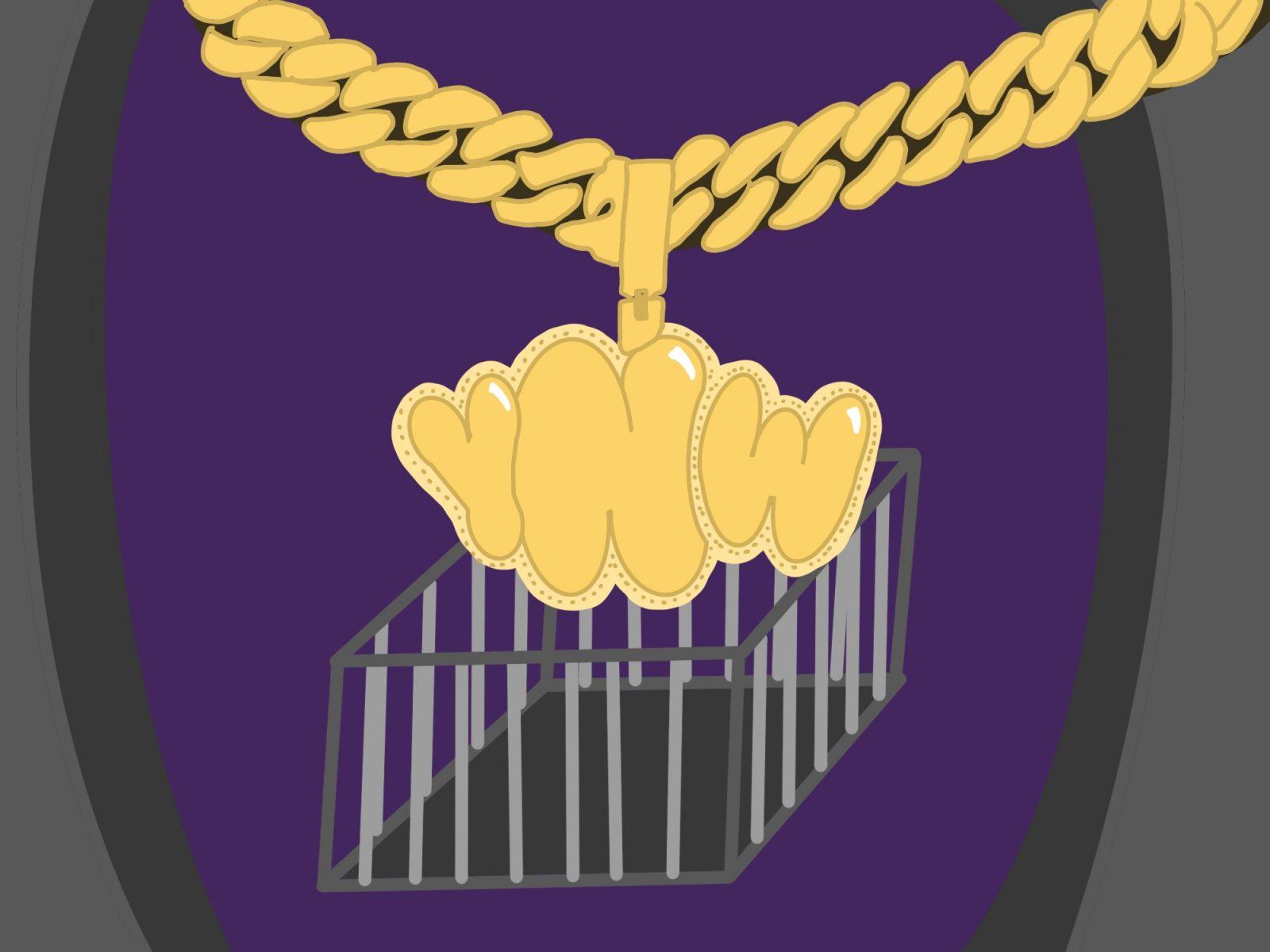As is perfectly natural for someone in their early 20s, I recently found myself watching The SpongeBob SquarePants Movie by myself on a Friday night.
If you’re wondering, I harbor absolutely no regret in doing so — should the opportunity present itself, I can’t think of another practical manner in which I’d rather spend my time.
It’s come to the point where I shamelessly enforce my obsession onto others — ask the Cinco de Mayo crowd, which unfortunately found itself in my vicinity during after hours last year. Was I impaired when I grabbed that TV remote? No comment. But everyone present that night will tell you how exceptional of a post game that was.
Alas, I digress. There I was on Friday, absolutely housing a box of Goldfish, barely giving myself time to chew and swallow before grossly cackling at scenes of which I’ve seen a million times. Knowing the script verbatim has never dampened how timelessly hilarious the move is. The neural payoff that comes from Plankton uncovering Plan Z is only comparable to nursing a fine wine — or a Corona with a lime, depending on whether you were in that living room with us a year ago.
The misadventures that constitute SpongeBob and Patrick’s trek to Shell City make up a cult classic that still feels fresh almost 18 years after it was released. The tandem reclaims Neptune’s crown, hitch a ride back to Bikini Bottom on the speedboat that is David Hasslehoff and save the town upon arrival — this is only after Mr. SquarePants hits the filthiest guitar lick that the world has ever heard, of course. But as the movie came to a close, I was hit with a bittersweet sense of nostalgia of which I can never avoid.
In the most triumphant moment in modern cinematic history, SpongeBob was duly acknowledged as both a hero and the newest manager of the Krusty Krab. The credits rolled, and Ween’s “Ocean Man” — one of my favorite songs of all time — began to play. All of a sudden, there I was — crying over The SpongeBob SquarePants Movie on a Friday night, wishing I’d went out with my friends like one is supposed to.
But it’s a motor reflex. Every time I see “Directed and Produced by [the late and great] Stephen Hillenburg,” with washed strings accompanying Gene Ween’s psychedelic vocals as a slideshow of my favorite childhood characters takes its course, the dam just breaks — and the tears flow more and more as the ensuing existential crisis grows more potent.
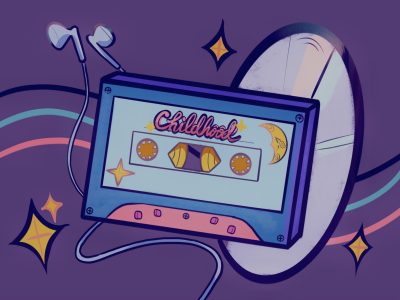
The first verse hits, with the singer beckoning to revisit familiar territory — “take me by the hand, lead me to the land that you understand” — which flows ever so smoothly into choruses detailing nothing more than a “childlike man” enjoying a beach day. The track is undoubtedly short, sweet and simple, but it takes me back to times when I didn’t have a care in the world.
For the millionth time, I found myself confronted with a serenity which has become foreign to me in the sphere of adulthood. My little ritual of watching this movie from time to time makes me reminisce on when I allowed the TV show to define my childhood — when I’d come home, loosen my tie and put down my briefcase after a long day at elementary school, tuning into Nickelodeon as soon as I stepped through the front door.
The serenity turned into a yearning for years long passed. After I pulled myself together, and the existential questioning of where all the time went ceased, I found myself wondering whether I turn to the familiar so often — The SpongeBob SquarePants Movie and “Ocean Man” alike — because of how daunting and unfamiliar adult life is shaping up to be.
So many platforms have covered the neuroscience behind why stimulative nostalgia is so sought after, most of which discuss the dopamine highs associated with tapping into memory through music — play The Black Eyed Peas’ “I Gotta Feeling” at any social gathering and you’ll see the effect as clear as day. But I often find myself embracing nostalgia as a means of necessarily reconnecting with my past, reminding myself that the happy-go-lucky kid in me is still there in the midst of a decade defined by infinite stress.
Watching this movie on a quarterly basis is an obsession, but it’s also a grounding technique. The panic over a childhood out of grasp always subsides, and I’m left in touch with myself every time the credits fade.
It’s also probably worth talking about how I ate two dozen servings of Goldfish in one sitting, but that’s a conversation for another day.




















































































































